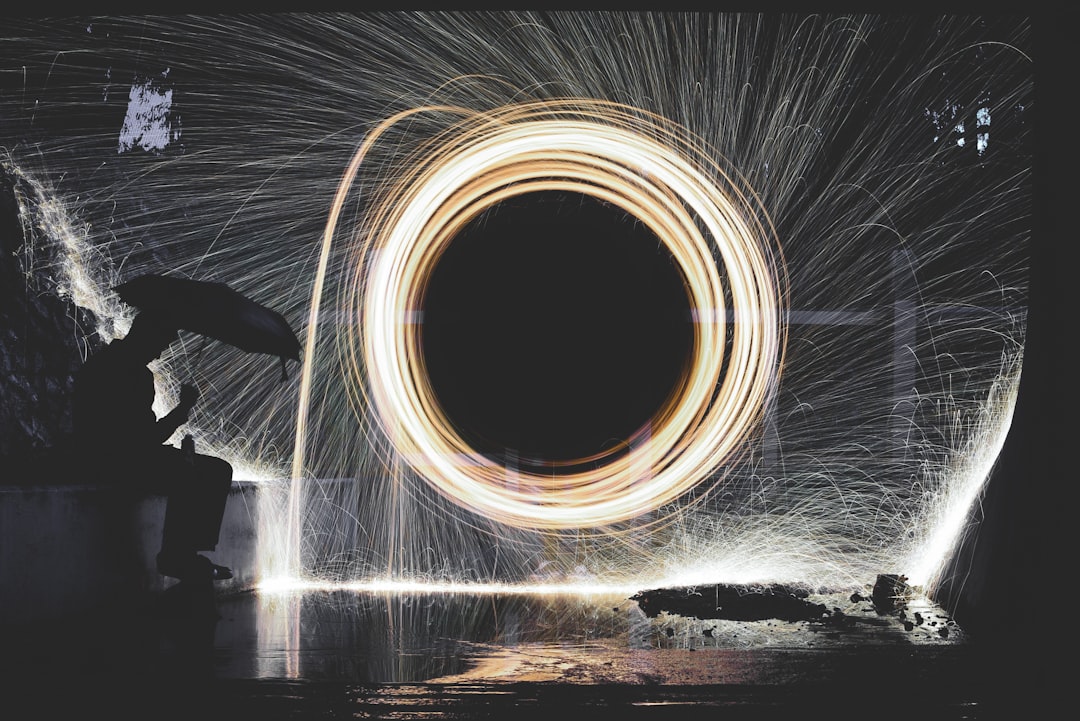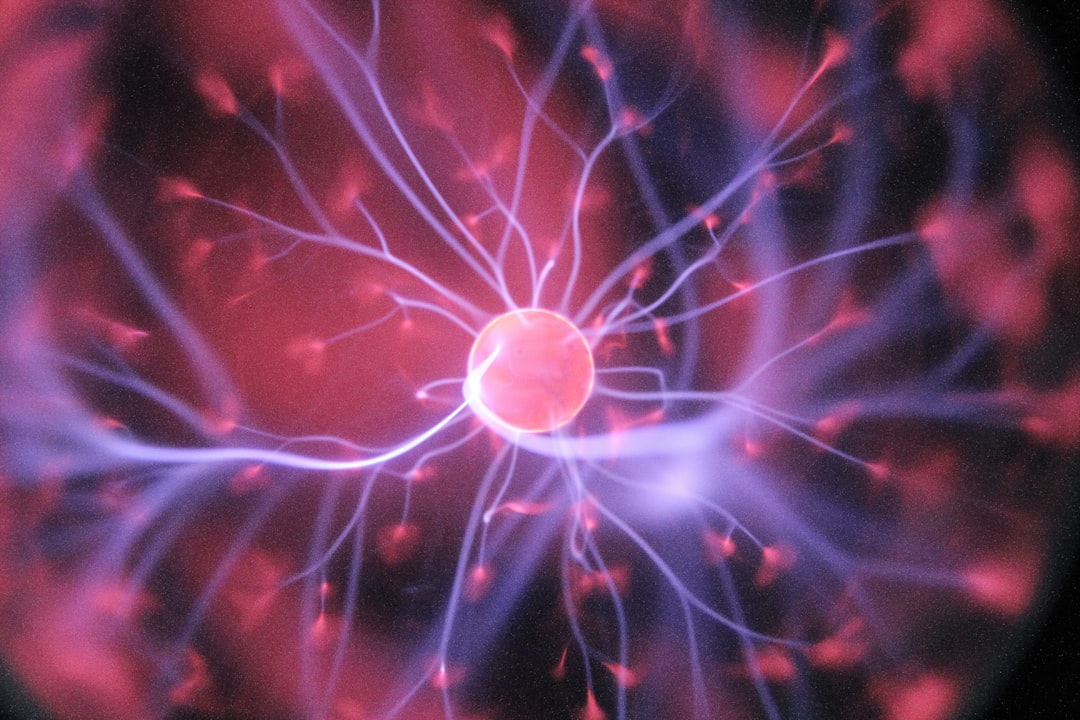What is it about?
Economically profitable resource exploitation in space is becoming increasingly feasible as more actors - national, public and private-are engaging in space exploration. The Outer Space Treaty (OST), which serves as the basis for the current corpus juris spatialis, declares that no government can claim sovereignty over celestial bodies or outer space itself. Because this is generally interpreted as denying private ownership, the OST is sometimes claimed to be an obstacle to commercial venture, particularly resource exploitation. Such claims ignore a wealth of terrestrial models which promote profitable commercial resource exploitation independent of fee-simple ownership. To achieve an approach to space exploration and exploitation which balances national, international, and commercial interests and a need to prevent conflict and militarization of outer space, terrestrial approaches to managing resource exploitation should be carefully examined for frameworks and mechanisms with potential to serve as models in further elaborating an international regime for space resource exploitation. A previously overlooked terrestrial example, the Alaska Permanent Fund, and its unique citizen's dividend, is explored as one possible model for such a balanced approach that could encourage profit-driven exploration and exploitation of extra-terrestrial resources, reduce the risk of conflict between actors in outer space and simultaneously accrue tangible benefits to all of humanity.
Featured Image
Why is it important?
We suggest a way that the profits from the mining of asteroids can benefit all people. This is based on an existing model. Without being socialist our suggestion does benefit all equally on a monetary basis - providing a benefit to all.
Read the Original
This page is a summary of: Can space mining benefit all of humanity?: The resource fund and citizen's dividend model of Alaska, the ‘last frontier’, Space Policy, February 2018, Elsevier,
DOI: 10.1016/j.spacepol.2018.02.002.
You can read the full text:
Contributors
The following have contributed to this page










